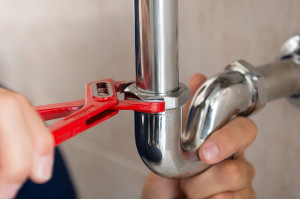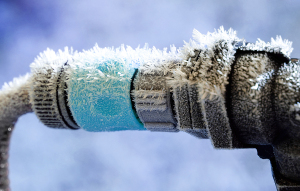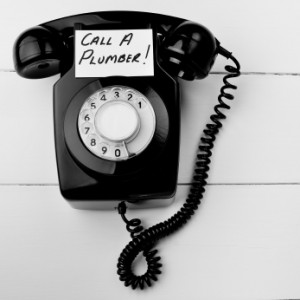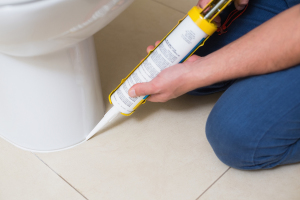Purchasing a house is a milestone for anyone, regardless of whether or not it’s a first home or a fifth home. First-time homebuyers should understand some important things when considering the plumbing system. It’s important to know some basic plumbing in order to understand if something is a good deal or not.

Here are five vital pieces of information regarding plumbing for a new home…
1. Leaking Pipes Are The Leading Cause Of Plumbing Issues
Understanding this piece of information is important, you may not always see or notice a leak, especially if it’s a slow leak. Plumbing systems may not initially show a leak, however, over the course of time a leak can cause serious damage to the home and to your wallet. Thus, it’s vital to know what you need to look for and how to prevent a pipe from leaking.
Calcium deposits typically show up as white or pink on pipes if they’re leaking. This is a pretty good way to tell if you have a problem. If you see blue or green stains, you’re looking at mold that can be caused by excessive moisture that is likely from a leak. Always check your cabinets and basement each month to ensure that there are no leaks. If you do see the start of a leak, it’s far easier to repair while it’s new than if it’s done extensive damage.
2. Leaky Toilets Aren’t Usually Found Until A Water Bill Comes
Since the toilet has a base that has a tight seal, it isn’t always obvious that it’s leaking. Always keep an eye on the water bill in order to note any sudden increase in charges. If you see a sudden increase, there may be a leak somewhere. Check your flooring and underneath of the toilet. Listen for water that is running continuously. It’s not always easy to make sure it’s not a toilet leak. Call in the professionals if you suspect a leak.
3. When You Find A Problem, Use The Shutoff Valve
Whenever there are plumbing issues, you’ll want to find the shutoff valve for your water supply. This can stop any large issues before you have a flood. You may have to be without water for a time while the issue is repaired, however, it will beat having a flood in the basement or elsewhere. If you can’t find the valve, check in the garage or the basement. Keep in mind that if there is a puddle of water you should watch for any live wires so that you don’t electrocute yourself.
4. Prevention Is A Necessity
It’s important to understand some preventative measures for your plumbing. Having some basic knowledge can be a great boon to keeping your plumbing in proper order. All exposed pipes should be covered to prevent freezing and bursting. Check your pipework by looking inside of cabinets, basements, crawlspaces, and garages. When it comes to plumbing, an ounce of prevention is worth a pound of cure.
5. Drain Cleaners Aren’t Always Best
Drain cleaner should be sparingly used at best. It works as long as it’s used with caution. It’s poisonous and must be kept out of reach of children as well as pets. It also can damage pipes, it can damage drains and it can leave a worse mess than before. Always consider what is best for the plumbing. Drain cleaners are sometimes overkill and can do more damage so avoid this.
We hope these plumbing tips have been helpful. If you’re having an issue with your plumbing and you feel it’s beyond your ability to fix then please give us a call.



